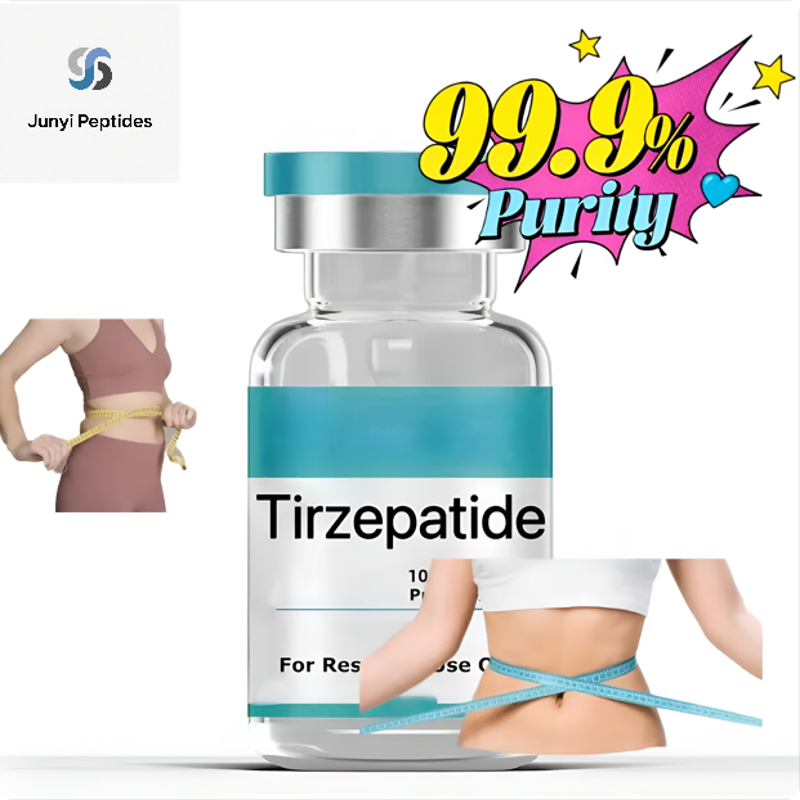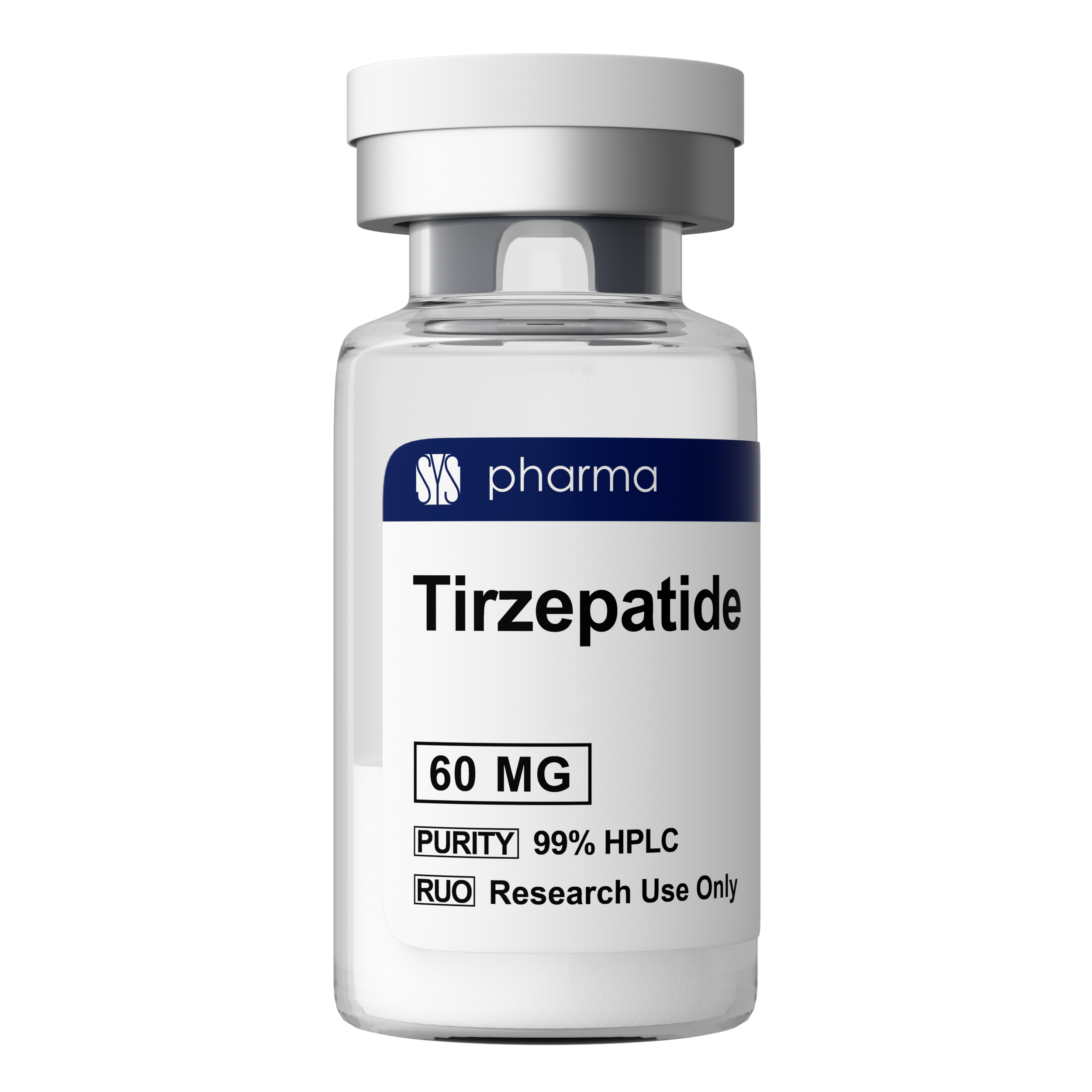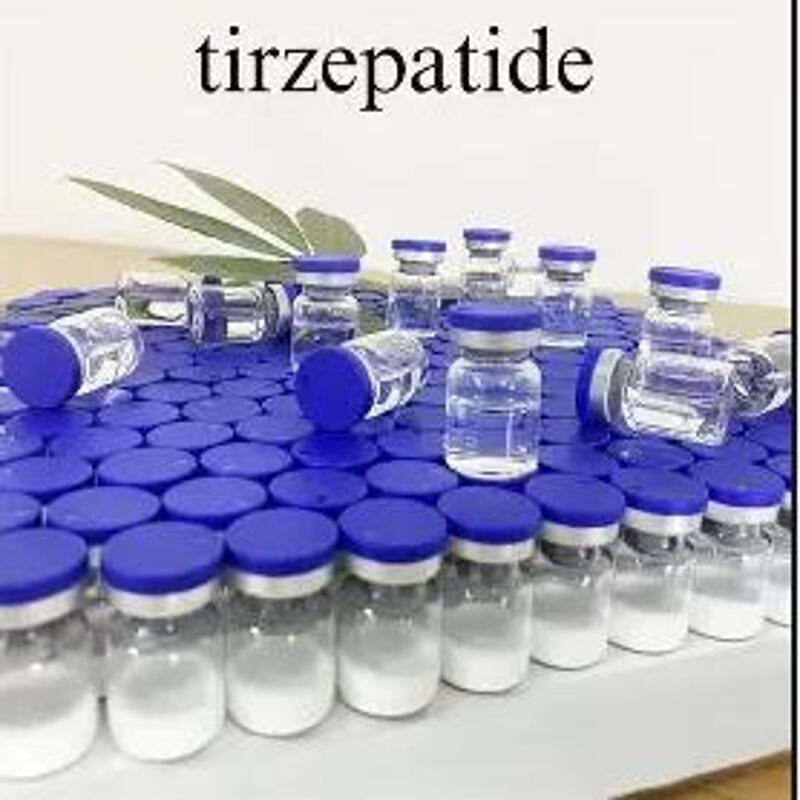Britain has reached a price ceiling agreement with the pharmaceutical industry
-
Last Update: 2013-11-07
-
Source: Internet
-
Author: User
Search more information of high quality chemicals, good prices and reliable suppliers, visit
www.echemi.com
Source: China Council for the promotion of drugs (CFDA) made the price policy of limited upper limit for brand prescription drugs for the first time in the UK on November 7, 2013 According to the five-year plan of the drug price regulation system (PPRs), pharmaceutical companies agreed to keep the drug cost unchanged in 2014 and 2015, and the drug cost will not rise more than 2% in the next three years The agreement is designed to curb the rise in drug costs, which exceeded 19 billion yuan in 2011 and 2012 The Department of health points out that the cost of prescription drugs has increased by an average of 5% in the past few years Previous agreements have resulted in cost savings by reducing the agreed price of branded drugs sold to the NHS, but there is no cap on the total cost "This agreement ensures that NHS patients have access to the world's best and most advanced medicines while managing costs," Health Secretary Jeremy Hunt said in a statement "Pharmaceutical companies in the UK have responded to the challenge of increasing demand for drugs and pressure on public spending in our country I hope that in return, we should support the pharmaceutical industry to flourish in the UK and global markets " By agreeing to the plan, pharmaceutical companies must be more confident in the expected growth in consumption each year as new drugs are used For pharmaceutical companies that have not reached an agreement, the agreement threatens to force a price cut of at least 15% The response from the industry highlighted the tension surrounding the talks "It's not true that the negotiations are based on the myth that drugs are expensive in the UK The UK is already the country with the lowest drug cost as a percentage of GDP and some of the lowest prices in Europe However, patients in the UK do not always get the most innovative drugs In 2011, the total cost of drugs accounted for less than 10% of the total NHS expenditure in the UK, "said dipac canner, a trade group of the British Pharmaceutical Industry Association Please note the difference between the ABPI statement and the statement issued by the Department of health His complaint reflects disappointment at the National Institute for health and Clinical Excellence (NICE), a common criticism of its over zealous rejection of cost-effective drugs despite unmet medical needs Pharmaceutical companies have hinted that in some cases the UK is no longer the ideal place for drugs and investment This week, for example, Novartis announced plans to close its 371 employee UK research and development center, and said it would cut another 72 positions in the UK for the sale and market support of various diabetes and COPD drugs that will soon end sales in the UK It remains to be seen whether other pharmaceutical companies will take similar measures, but Pfizer has reacted angrily to the deal "The government's stated goals and actions in life sciences and improving patient outcomes are increasingly separated," Pfizer told the medical times "The cost of management is overwhelming, and not treating drugs as long-term investments is short-term and disruptive." Since 2005, only 31% of Pfizer's drugs have been recommended by nice, and only one of the 12 new cancer drugs has received preliminary positive suggestions The pharmaceutical company also believes that NHS spends less than 10% of its budget on drugs and that UK personal spending is much lower than in similar countries Pfizer also believes that as of January 2014, the pharmaceutical industry has reduced prices to return more than $6 billion in the past decade, and by the end of next year, the NHS will save $4 billion due to patent expiration Original link: http://www.pharmalive.com/uk-and-pharma-reach-deal-to-cap-prices-but-biotechnology-remains? Utm_source = FeedBurner & utm_medium = feed & utm_campaign = feed% 3A + pharmalat +% 28pharmalat% 29
This article is an English version of an article which is originally in the Chinese language on echemi.com and is provided for information purposes only.
This website makes no representation or warranty of any kind, either expressed or implied, as to the accuracy, completeness ownership or reliability of
the article or any translations thereof. If you have any concerns or complaints relating to the article, please send an email, providing a detailed
description of the concern or complaint, to
service@echemi.com. A staff member will contact you within 5 working days. Once verified, infringing content
will be removed immediately.







